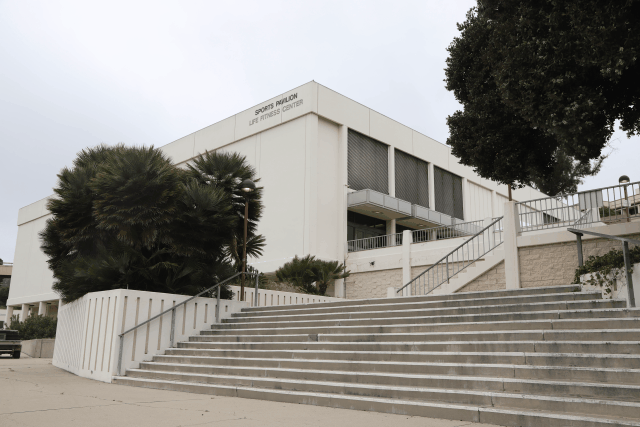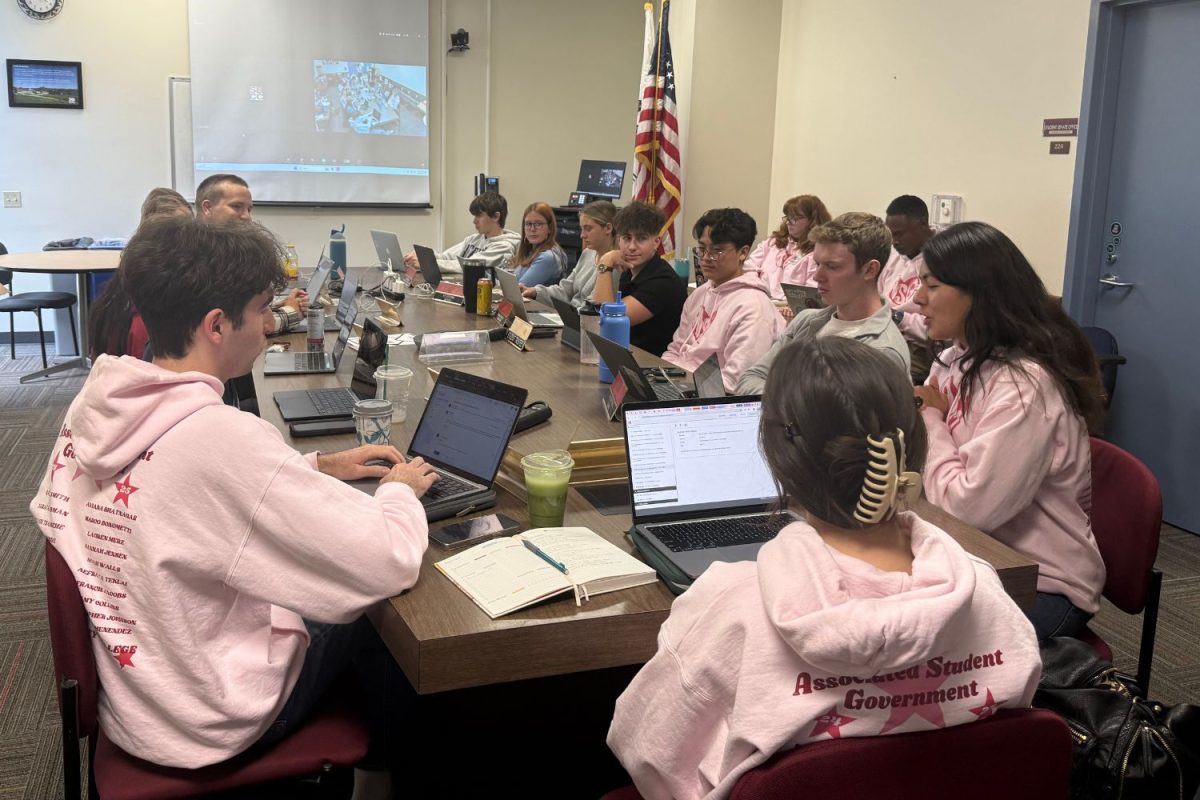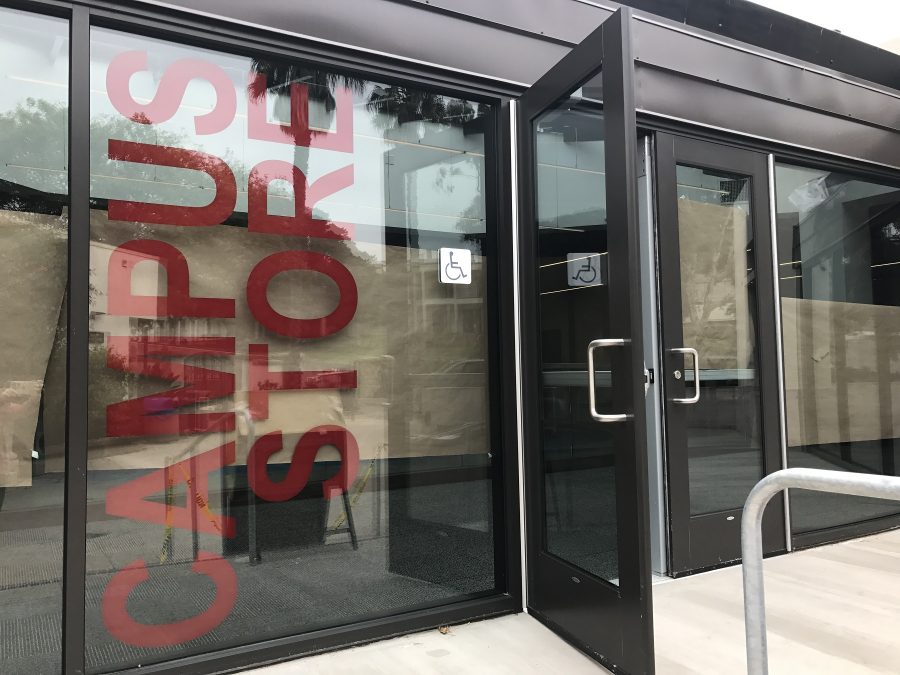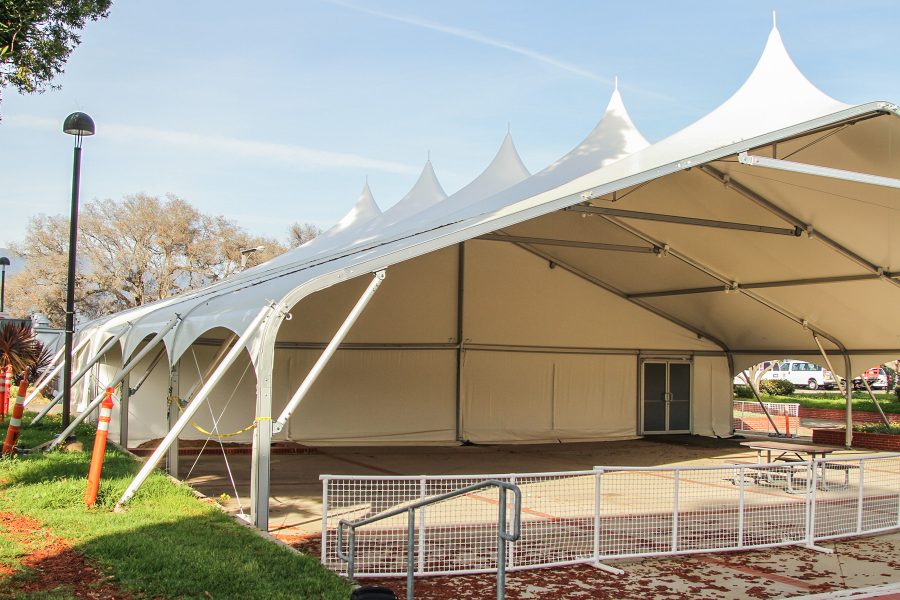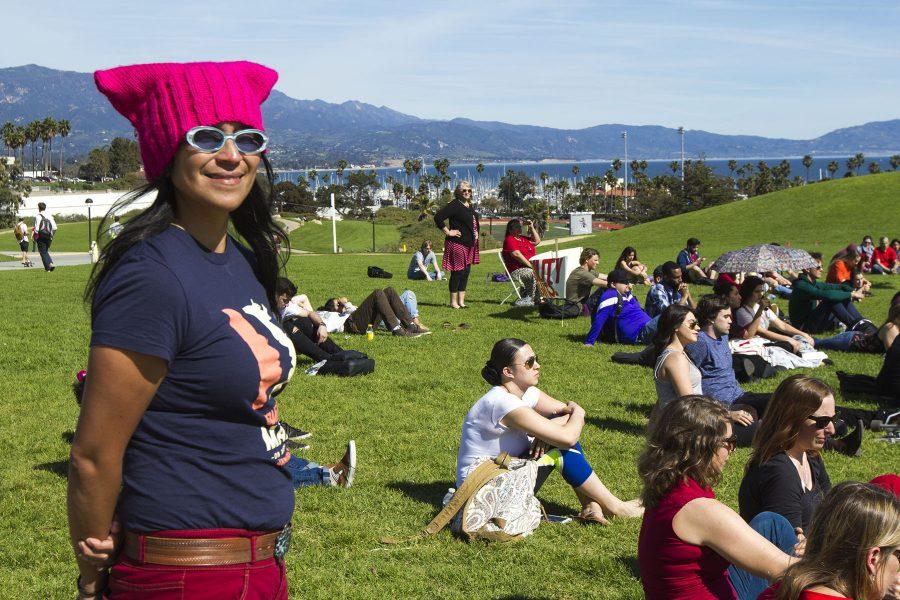City College’s sustainability work group met Thursday for the first time this semester to identify what steps should be taken to meet the goals articulated in the college’s Sustainability Plan.
Although the plan was completed in 2014, several administrative transitions in the years that followed—such as the appointment of a new President, Anthony Beebe, and the resignation of Facilities Director Julie Hendricks—made it difficult for a formal college work group to be formed to implement the plan until the fall 2017 semester. This was their third meeting since the group was formed.
The meeting’s discussion centered around how the Sustainability Plan should be updated, how to move the college towards zero net energy, and how to reduce waste.
In regards to the Sustainability Plan update, the group decided that a comprehensive update should be completed before the start of the fall 2018 semester. They also set a tentative date of of April 19, 2018 for a large collaborative workshop to kick off the comprehensive update. All faculty and students will be invited to attend and provide input.
If the college can gather more environmental data, such as how much energy it is using per building, it will substantially increase the number of sustainability goals that that can be accomplished once the collaborative workshop commences. For instance, energy meters could be installed on each building to measure energy consumption—something currently unknown to the college, as the college can only broadly measure the energy consumption of the East and West campuses. Unfortunately, Lyndsay Maas, vice-president of business services, estimates that installing such meters will be extremely expensive, though she does not yet have a firm price estimate.
Installing meters would be one of the best ways for the college to meet its energy obligations under California’s energy code, Title 24. Under Title 24, the college must be “net-zero” by 2030, meaning all fossil fuel consumption must be offset by renewable energy produced by the campus.
When the meaning of net-zero energy was brought up in discussion, Professor Bill Dinklage expressed concern regarding the value of implementing such a plan.
“If we continue to build buildings that use natural gas for their heating, but offset that energy by using solar panels, you’re still burning fossil fuels,” Dinklage said. “At some point, we need to stop burning natural gas altogether.”
One of the final topics of discussion was the the college’s waste output.
Maas proposed that one of the first initiatives that should be undertaken is the complete removal of all paper towels from restrooms. Paper towels alone cost the college $60,000 per year, not to mention the additional cost of paying custodians to maintain the supply in the bathrooms, according to Maas.
The method used by custodial staff to maintain the paper towel supply is also inherently wasteful.
“Every night our custodians throw away whatever paper towels are on the rolls and unused, and put a new roll on,” Maas said. “We throw away perfectly good paper towels daily.”
These issues, alongside many others, will continue to be worked out by the sustainability work group over the weeks to come in their efforts to attain the goals in the Sustainabiliy Plan.
The group is scheduled to meet on the first Thursday of every month in Conference Room #1, above La Playa Stadium next to the stadium press box. Their next meeting is March 1.


